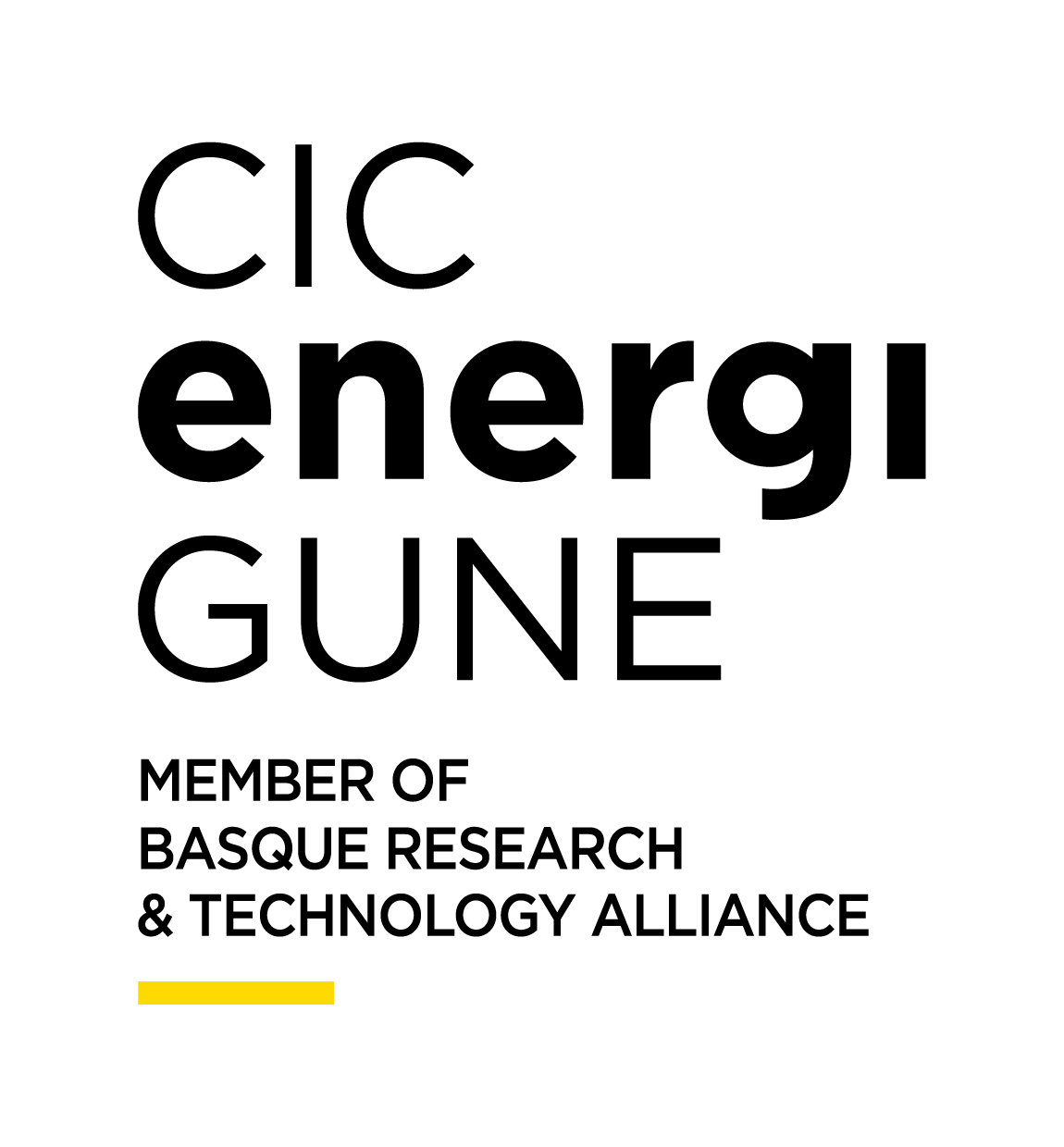

 Location: Vitoria (Spain)
Location: Vitoria (Spain) Contract: Temporary
Contract: Temporary Working day: Full time
Working day: Full time Sector: Energy
Sector: Energy Vacancies: 1
Vacancies: 1CIC energiGUNE is a research center specialized in energy, electrochemical storage (batteries and supercapacitors), thermal energy solutions and hydrogen, a member of the Basque Research and Technology Alliance- BRTA, and, a strategic initiative of the Basque Government. CIC energiGUNE was created in 2011 to generate excellent knowledge and at the same time useful for the Basque business network, being a reference in knowledge transfer.
CIC energiGUNE has a dynamic research team of more than 100 researchers and is extremely well equipped with a wide range of up-to-date facilities that are fully available for all its researchers. Also, the European Commission has recently awarded CIC energiGUNE with the ´HR Excellence in Research´ which reflects its commitment to achieving fair and transparent recruitment and appraisal procedures and certifies the existence of a stimulating and favorable work environment for researchers in the institution.
For more details on CIC energiGUNE's research activities please visit our website at http://www.cicenergigune.com
Project description:
M-ion batteries, where M is an alkali metal such as Li, Na or K, allow storing electricity trough the redox insertion/extraction of the alkali metal into/from the crystalline structure of the cathode and anode active materials. After enabling the portable electronic revolution of the last two decades, Li-ion batteries (LIB) are now becoming a key enabling technology for the decarbonization of our economy by powering electric vehicles and offering stationary storage solutions within the smart grid concept. However, geopolitical and macroeconomic concerns on the future availability and cost of Li and Co (a key element for the cathode composition) have generated an intense research for alternative “post-Li” or “post-Li-ion” technologies. Among these, the Na-ion battery (SIB) technology offers an interesting lower cost alternative and presents the most advanced degree of technological readiness.
However, SIBs suffer from several intrinsic drawbacks that limit their performance compared to LIBs. In particular, Na+ is larger than Li+, which induces larger volumetric changes of the electrode materials during charge/discharge. In many candidate materials this affects the reversibility of the reaction, the energy efficiency, the rate capability (how fast the battery can be charged/discharged) and shortens the cycle life. These are critical bottleneck issues to be addressed through expert materials design and engineering for enabling SIB to be competitive in the battery market.
This project aims at overcoming these bottleneck issues on the cathode side through two complementary approaches. First, the study of the mechanisms of insertion/extraction by the use of operando X-ray diffraction technique, complemented by the development of in-situ magnetic measurements. This later represents a novel technique expected to allow tracking the redox activity of the cathode material, which typically relies on redox changes of magnetically active transition metals. Second, the study of the kinetics of the redox reaction and its correlation with the power capability of the material. This is key to gather the required parameters allowing to predict the performance of a SIB using the studied materials.
Techniques to be used:
All applicants are invited to submit their applications including a cover letter, a detailed curriculum vitae and their academic records.
CIC energiGUNE is committed to affirmative action, equal opportunity and the diversity of its workforce.
The selection process ends once the candidate is selected.
Holding a Master's degree with academic background in solid state physics, solid state chemistry or materials science. Excellent speaking and writing skills in english. A good team player who can collaborate with other scientists and a highly motivated person and interested in research.